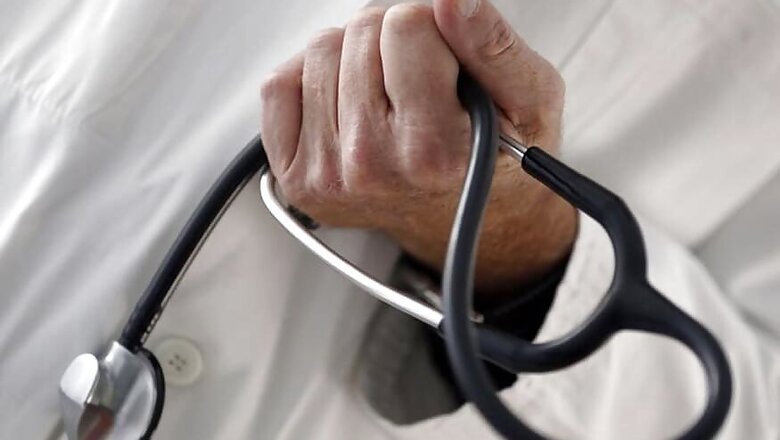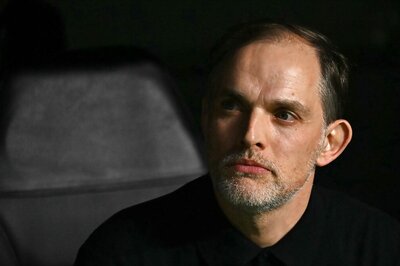
views
New Delhi: A parliamentary panel has said that the bridge course proposed in the National Medical Commission (NMC) Bill to allow practitioners of alternative medicines such as homoeopathy and ayurveda to practise allopathy should not be made a mandatory provision.
The committee's report, tabled in the Parliament on Tuesday, instead asked the states to "implement measures to enhance the capacity of the existing healthcare professionals including AYUSH practitioners, B.Sc (Nursing), BDS, B.Pharma, etc., to address their state specific primary healthcare issues in the rural areas” and allocate adequate budgetary resources.
The NMC Bill with the proposed bridge course had caused much consternation among doctors as it would allow alternative medicine practitioners to start practicing allopathy.
The government had argues that such practitioners would be able to plug gaping holes in the medicine’s human resources and help with the critical shortage of doctors.
The NMC Bill, 2017, which seeks to replace the existing apex medical education regulator, the Medical Council of India (MCI), with the NMC, was moved by the government in Parliament on December 29.
Following opposition from the medical fraternity over different provisions of the proposed legislation, one of which was the bridge course, the Bill was referred to the Parliamentary Standing Committee.
The Parliamentary Standing Committee, in its report, also recommended bumping up the strength of the NMC from 25 to 29, increasing the representation of states and union territories.
It also mandated that members of the NMC “mandatorily declare their professional and commercial involvement and should also declare their personal assets”.
The committee held the MCI responsible for a “deteriorating standard of medical education and research in India, an acute shortage of healthcare providers, especially in rural areas and frequent allegations of fraudulent practices, corruption and nepotism in the medical education system.”
To prevent similar conflict of interests in the new body, the committee mandated that the NMC members reveal details of their practice, so that any private practice is made public information. They have to declare these details when they assume office and at the end of their tenure.
The NMC will consist of the eponymous National Medical Commission, a Medical Advisory Council and four autonomous boards for regulating all aspects relating to medical education, medical profession and medical institutions. However, concerns had been raised by states and union territories (UTs) about the lack of even representation in these bodies.
Taking these on board, the committee recommended that the strength of the Commission be increased from 25 to 29 and “besides Chairperson of the Commission, six members should be ex-officio members, nine should be elected by registered medical practitioners from amongst themselves, 10 members should be from amongst the nominees of the states and Union Territories, besides three part-time members appointed from amongst persons having special knowledge and professional experience.”
“The Committee also recommends that the ex officio Member Secretary of the Commission should assist the Commission as Its Secretary and shall not be a Member of the Commission,” said the report.




















Comments
0 comment